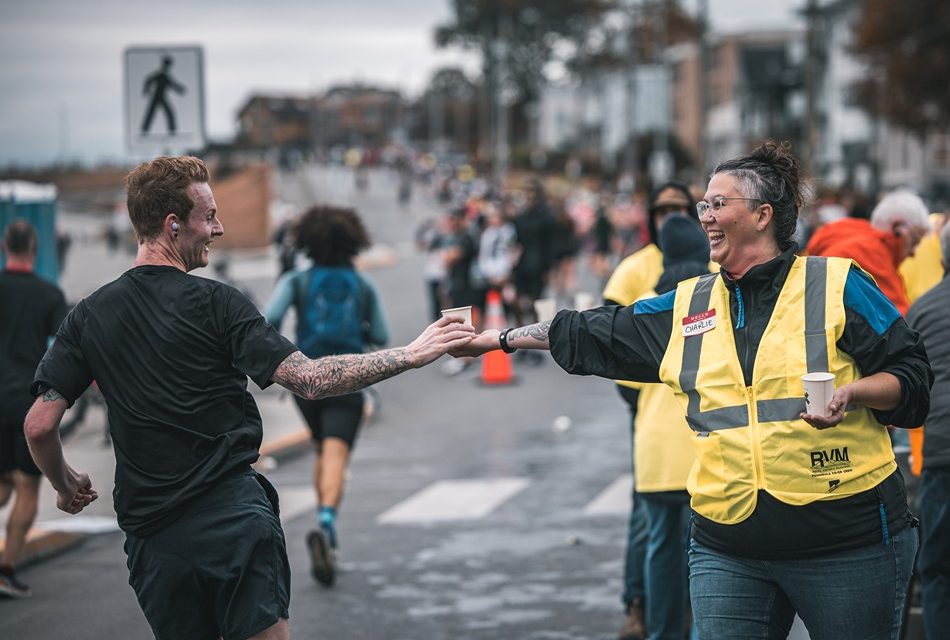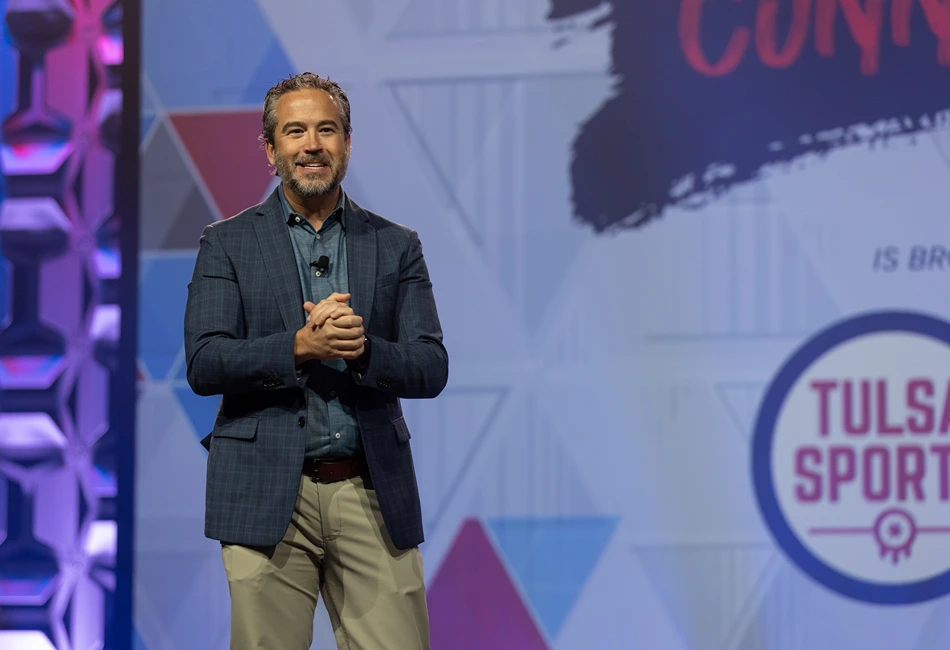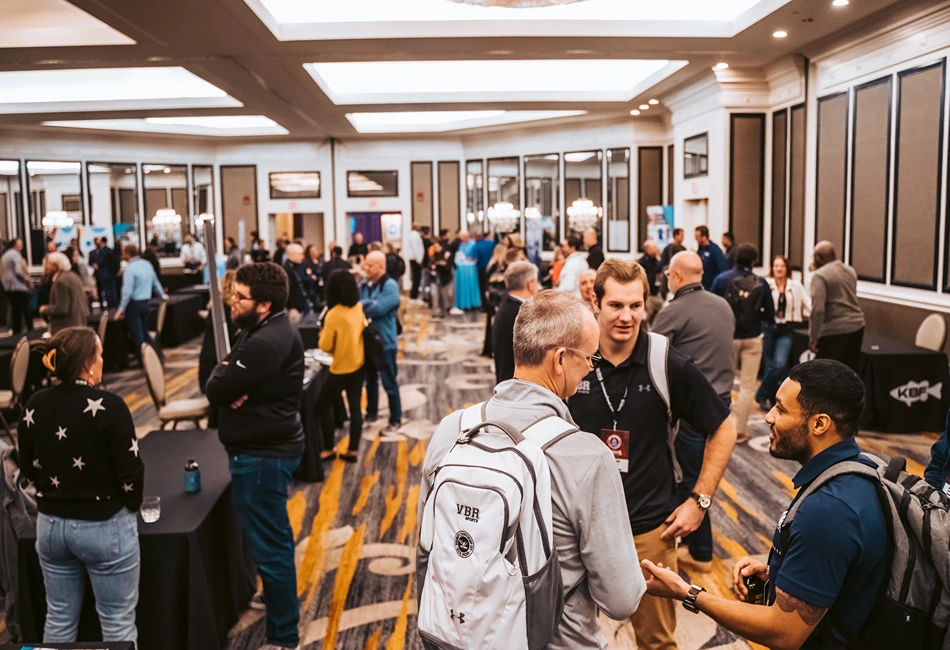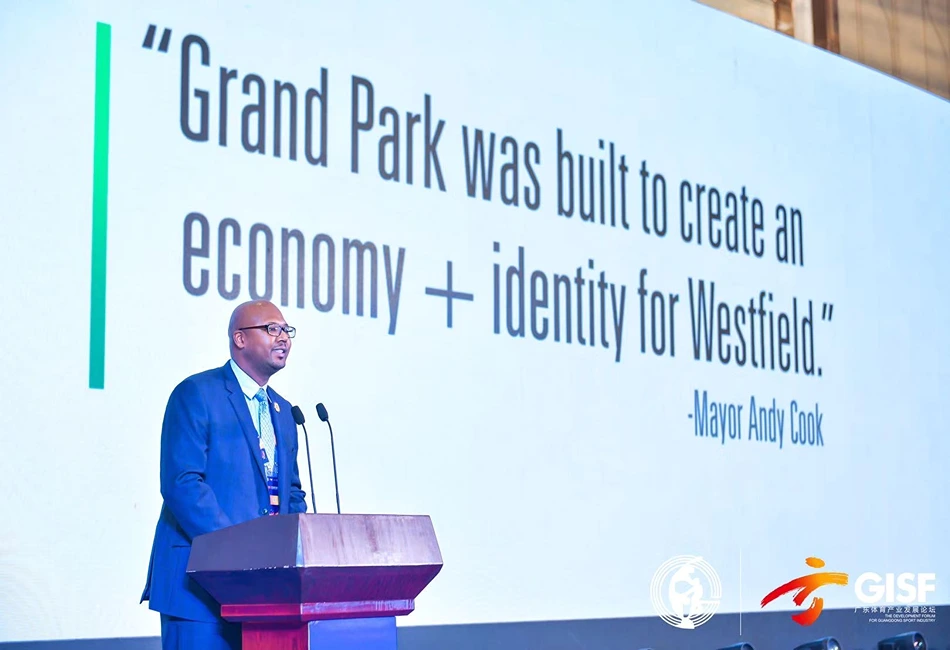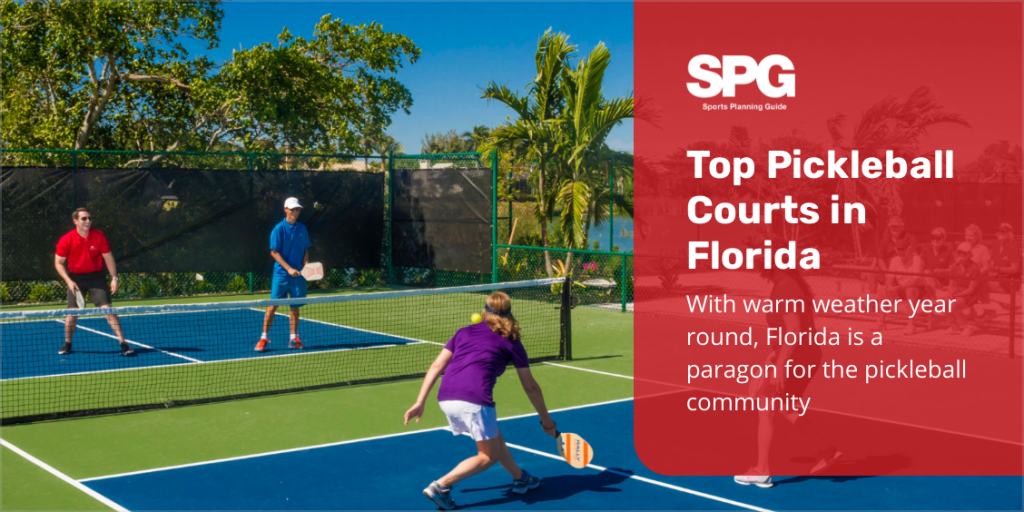How to turn your event volunteers into a connected, motivated community that strengthens your destination
By Nicole Allien
Behind every great sports tourism event, there’s more than an exciting competition, a buzzing crowd, and a smooth venue operation. At the core are the volunteers. They’re the first faces participants see, the steady hands behind logistics, and the ambassadors who leave visitors with a lasting impression of your community.
In our previous article, we shared tips for building a strong game day volunteer program. But here’s the truth: the story doesn’t end when the final whistle blows. If you want your events to thrive year after year, volunteers can’t just be a one-time resource. They need to feel part of something bigger, a year-round community that supports your events, strengthens your destination brand, and creates a legacy.
Ready to elevate your event strategy? Get the Sports Planning Guide for insider insights and facility showcases.

Why Year-Round Engagement Matters
Most volunteers are recruited for a single event, work their shifts, and then disappear until next year. That approach works, but it misses a bigger opportunity and comes with risks.
Volunteer burnout is real, especially when people feel like one-time help instead of valued team members. If they only hear from you when you need them, enthusiasm fades. That leaves you building from scratch each year with recruitment, orientation, and training.
Year-round engagement flips the script. Here’s what happens when you keep the connection alive:
- Higher retention — Engaged volunteers come back, saving time and money on recruitment.
- Smarter, smoother events — Returning volunteers already know the flow, which reduces training and supervision needs.
- Destination ambassadors — Volunteers don’t just manage logistics, they champion your city. That local pride carries beyond event day and shapes how they talk about your community year-round.
The long-term payoff is simple: a strong volunteer community gives your event consistency, credibility, and staying power.
Strategies to Keep Volunteers Engaged
How do you turn a roster of event day helpers into a true community? Try these proven approaches:
1. Keep the conversation going
Don’t let silence set in. A quick monthly or quarterly email, an appreciation note, or even a simple social post keeps people connected. Private volunteer groups on social media also give them space to share stories, celebrate wins, and stay in touch.
2. Invest in their growth
Want loyalty? Help your volunteers grow. Training or certifications, whether first aid, crowd management, or leadership workshops, show you value them beyond their hours on site. That added investment makes them more likely to return.
3. Create mini engagements
Your flagship event might only happen once a year, but smaller touchpoints keep energy alive. A community clean-up, fun run or casual coffee meet-up reminds people they’re part of something ongoing, not just checking a box.
4. Recognize and reward commitment
A heartfelt “thank you” goes a long way, but structure helps too. Status levels (such as “veteran volunteer”), service awards, or perks like first pick of shifts build pride and a sense of progression. When people feel seen and celebrated, they stick around.
Discover more game-ready destinations—flip through the Sports Planning Guide and find your next perfect host city.
The Role of Technology
Community is built on relationships, but technology can make the logistics much easier. A volunteer management system (VMS) like Volunteer Local keeps you organized and consistent without adding extra work.
Here’s how it helps:
- A centralized database with volunteer history and preferences.
- Automated emails and re-engagement tools that save time.
- Monitor progress and highlight your most dedicated people.
- Easy self-scheduling that gives volunteers ownership.
The VolunteerLocal system handles the logistics, so you can focus on what matters most, building relationships that last.
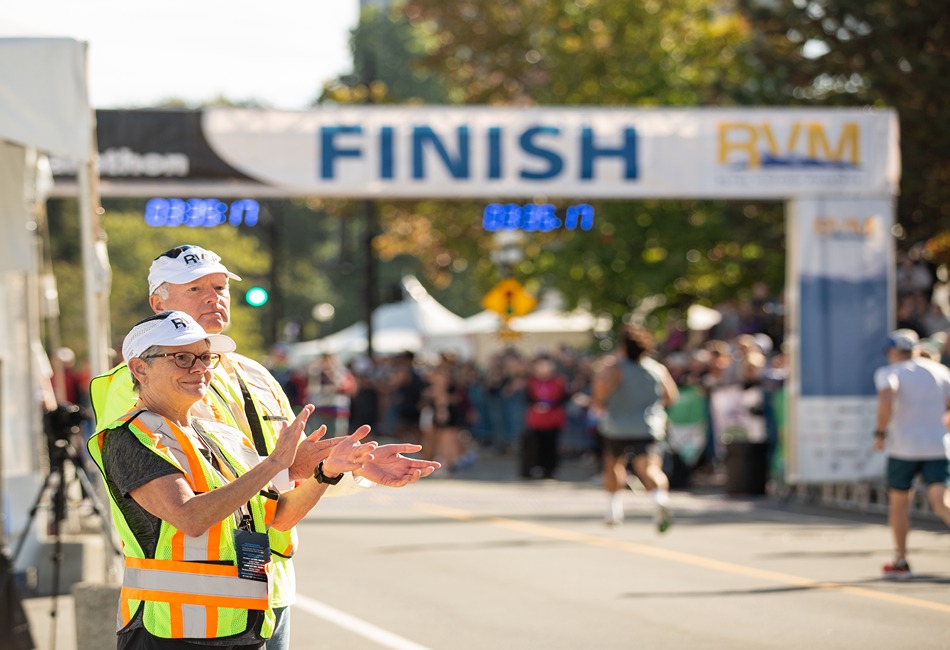
Success Stories: The Power of Long-Term Volunteers
We’ve seen how this plays out in the real world. At the Royal Victoria Marathon, empowering volunteers with choice and clarity has transformed both operations and the volunteer experience. Individuals and groups can self-select shifts, which builds ownership and reduces no-shows. Schools, service clubs and community groups sign up together, filling major course zones with ease. Automated confirmations, clear role descriptions and back-end visibility have taken pressure off the organizing team while helping volunteers feel confident and prepared.
“Our use of VolunteerLocal has clearly elevated the professionalism, organization and overall experience of volunteering at both the Royal Victoria Marathon and TC10K,” said Mariah Kelly, technical director for the Royal Victoria Marathon. “At scale, that’s over 1,000 volunteers at RVM and hundreds at TC10K. That kind of improvement is transformative.”
The takeaway? When people feel supported, respected and part of something meaningful, they keep showing up. Over time, you’re not just building a roster, you’re building leaders, community pride and institutional memory.
Building for the Future
Sports tourism is bigger than a single race, game or event. It’s about creating lasting memories, fueling local economies and strengthening community identity. Volunteers are at the center of all of that.
When you invest in a year-round volunteer community, you’re building a foundation for long-term success. Instead of scrambling each year, you’ll have a motivated, skilled and loyal base ready to go. With volunteering tools, you can keep the logistics simple and focus on the human connections that make your events thrive.
Building a Volunteer Culture That Lasts Beyond Game Day
Volunteers aren’t just the heartbeat of your sports tourism events; they’re the backbone of your long-term success. By keeping them engaged year-round, investing in their growth and celebrating their contributions, you’re not just building a workforce, you’re building a community.
It’s time to move beyond the one-and-done model and start cultivating volunteer ecosystems that create belonging, strengthen destinations and elevate events. When volunteers thrive, everybody wins: your event, your city, and your visitors.
VolunteerLocal will be at the Sports ETA Symposium in Las Vegas, April 20–23, 2026. Stop by and see us, we’d love to connect in person.
From venues to logistics—the Sports Planning Guide is your complete resource for successful sports events.

